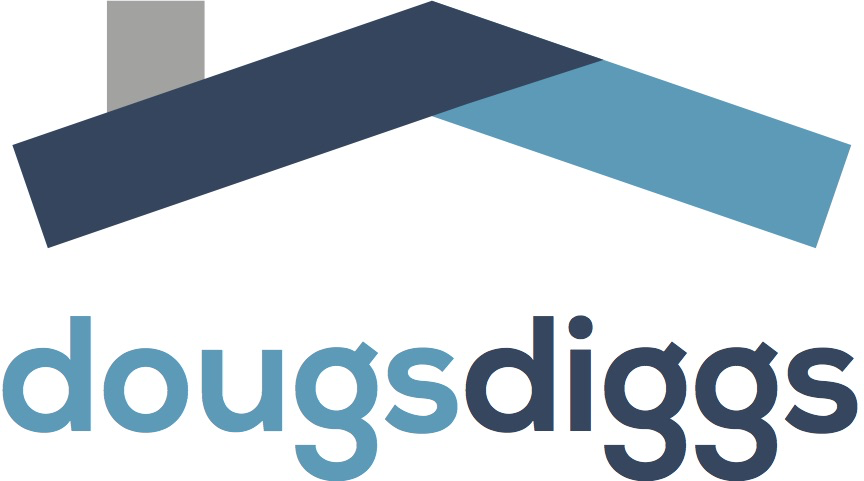Be very careful! While Lenders have more options for homeowners in search of relief - Don't just call your mortgage company - get informed first!
Mortgage Deferment and Mortgage Forbearance—Is There a Difference?
With finances in peril due to COVID-19, many homeowners are in search of mortgage relief. Two strategies that many borrowers are anxious to invoke right now are mortgage deferment and mortgage forbearance.
Both tactics allow a borrower to skip monthly payments for a set period. Depending on the lender, there can be subtle differences between the two terms.
She adds that both tactics allow a temporary period during which a borrower need not make contractual monthly payments. The differences between the two strategies come at the end of that period.
“What happens at the end of the forbearance period is the amount of payments that you missed during that forbearance will be due in a lump sum,” says Singhas.
Sometimes, lenders will work with borrowers to structure a payment plan, instead of demanding a lump sum.
Deferment—especially special programs that lenders have introduced during the pandemic—often allow customers to repay the money over time or to add it to the end of the loan period.
Clearing up confusion about mortgage forbearance
“In the mortgage world, it’s very fluid ... [but] what we hear more is the term forbearance,” says Mary Bell Carlson, a certified financial planner professionally known as Chief Financial Mom. “Overall, forbearance is saying, 'Hey, something has happened, I cannot pay.'”
A book Carlson has dubbed her Bible of the financial world, "Surviving Debt," by the National Consumer Law Center, makes no distinction between forbearance and deferment.
“They do not even use the word deferment in terms of a mortgage, everything is called a forbearance in this book,” she says.
If a lender does differentiate between the terms deferment and forbearance, the difference will be at the end of the loan period, according to Singhas.
Some borrowers will be able to add extra payments to the end of the loan or make other arrangements to spread out repayment, while others will not. Sometimes, payment terms involve a new loan or a rewriting the existing loan.
Mortgage loan originator Krista Allred says one differentiation can center on foreclosure proceedings and timing.
“Technically, a mortgage forbearance agreement is when you’ve possibly been late, and the lender agrees not to foreclose during that forbearance period,” says Allred. In this scenario, a borrower already has a history of nonpayment before entering into a forbearance agreement.
But with the pandemic only revealing its enormous scope within the past 30 days, many borrowers haven't been late—yet.
However, because of sudden job loss or because of the quarantine, borrowers have besieged the phone lines of their lenders, to get out in front of the financial iceberg.
Contact your lender for mortgage relief
No matter what you call it, if borrowers ask for help during this crisis, many lenders are allowing them to miss payments and not charge them late fees or penalties.
“The definition really doesn’t matter. The moral of the story right now is to call your lender. Don’t just assume you can skip a payment. Call them, let them know, and make arrangements,” Allred advises.
Carlson struck the same chord and told us that borrowers shouldn't get caught in the weeds about the semantics of forbearance versus deferment.
She says, “They just need to pick up the phone and say, 'Hey look, I'm in a bad situation, I've lost my job, and I think it's going to be rough for the next three months.' From there the lender can come back and say, 'Here [are the] options.'”
Due to the current financial situation, the mortgage world is shifting. Options that weren't on the table for borrowers a few months ago might be available now.
Singhas says the length of time that the forbearance could be extended and the options at the end of the term might be different. She adds that borrowers in good standing prior to the current crisis may able to do a modification wherein any monthly payments missed now are simply tacked on to the end of the loan.
Pressing pause on your mortgage
Whatever terminology your lender uses, it’s important for you to understand what is really happening with your loan. Nothing is free. You can't expect to stop paying your mortgage forever.
“It's not free mortgage payment, it's not free money. [Forbearance] is temporarily hitting the pause button on your mortgage, and not having to make the payment,” Carlson warns.
“It does not necessarily pause the interest that is accruing, and it does mean that you're going to have to make that principal and interest payment at a later date.”
Key questions to ask before seeking mortgage forbearance
When calling your lender, Carlson recommends asking:
- What relief options are available?
- Will interest continue being calculated during the length of time I am not paying?
- Will there be any fees?
- How will it be reported to the credit bureaus
- Do I still need to pay for my escrow to cover taxes, insurance, and mortgage insurance?
Singhas says some lenders have decided to allow certain loan modifications. In some cases, they will allow the monthly payment to be changed later in the life of the loan, to include the amount missed during the forbearance.
She adds that the main confusion for consumers right now is the fact that most lenders will not necessarily require a lump sum payment after the forbearance period ends.
“I think some people are panicked that if they get a forbearance, they have to pay it all back immediately," she notes.
"That’s one option, or they can enter into a payment plan if they can’t make the lump sum, and if they can’t make a repayment plan work, there are other options available to them.”
If you work out a forbearance or deferment plan with your lender and don’t just skip payments, it can protect your credit.
“It doesn't show a positive or a negative, but it doesn't show like a missed payment,” Carlson explains.
“So if you were to ignore it and just not pay anything and pretend it will go away, that's absolutely going to affect your credit report in the long run. But the forbearance or deferment is a neutral. It's not positive or negative on the credit report, but it's a lot better than having missed payments on your mortgage.”
One caveat to keep in mind is that if you can pay your mortgage, pay it, and don’t ask for relief.
“It’s always better to make your monthly payment if you can,” Singhas says.
For more smart financial news and advice, head over to MarketWatch.



